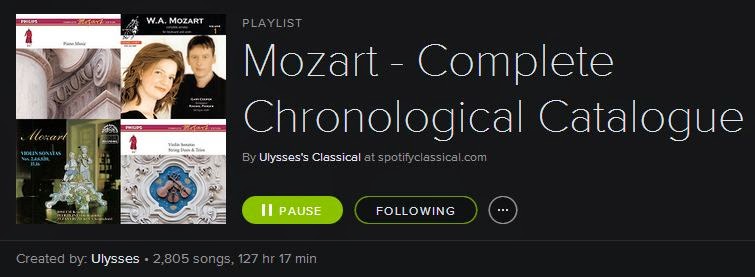I've been thinking about all the fooling around I've been doing with the Brushstroke app, Band-in-a-Box, Siri for dictating my journal, and various other technologies that augment my mental and creative powers. What's that all about? It's definitely fun, but is it art?
I should say at the outset that this is not an emotional question for me, but more of an intellectual exercise. I definitely do not lie awake at night worrying about whether my songs, blog posts, photographs, fake paintings made from photographs, or whatever constitute “art” or not. Whether anyone in the world would consider me an “artist,” even myself, is not a concern to me, though the fact that I post some of my work online suggests that I do seek some sort of audience. But mainly I enjoy using my mind to create things. In some philosophies, that is probably the essence of art. In other philosophies, perhaps this is merely navel-gazing until it reaches a certain level of quality, acceptance, or audience. I really don't know or especially care.
But apart from semantics, what is going on when you create something with “intelligent” tools such as the Brushstroke app for painting and Band-in-a-Box (BIAB) for songwriting and recording? Apart from things like singing, dancing, and spoken poetry, every art involves some level of technology. Brushes, paint, musical instruments, paper, pens, tape recorders, and many other tools allow us to create works of art that extend beyond our own bodies and voices.
But with software and “machine intelligence,” the tools seem to be taking over more of the creative part of creativity. They are certainly reducing the level of mechanical skill required to achieve something that is “pleasing,” if not necessarily professional or artistic or original. I have never been a painter, but when I closely examine the simulated brushwork in some of the paintings created by the Brushstroke app, I'm amazed by its intricacy and by the variety of techniques that are implied. It clearly would take a lot of study, practice, experimentation, and work to achieve such things with real paint. The professional musicians who create RealTracks for BIAB play at a level that is far beyond my skill on any instrument. The software cleverly allows me to apply their skilled performances to new songs they have never heard. And the results are often surprisingly good, at least to me.
When writing was developed thousands of years ago, there were people who worried that this “cheat” would cause people to become lazy, and their minds to decline, because they would no longer need to memorize culture-defining epic poems and such. Spoken word is still an important art form (drama, radio, etc.). But writing is of course an art in itself, and we know how important it has been for the development of civilization. And while I will readily admit to laziness and declining memory, I still manage to get a few things done.
Tools are just tools, no matter how fancy they may be, or how much of the creativity they may seem to contain. Creating songs or visual works such as photographs, drawings, videos, or even paintings, is partly about skill and technique, but even more about choices and feelings. Different tools require you to make different choices, and sometimes really different kinds of choices. Even if you do not make the brushstrokes or play the horn parts yourself, you need to choose the the subject and the overall design of the work, as well as which of many possible techniques or performances to use.
Smart tools allow people with an interest in creativity to create something that is artful even if it is not necessarily art. And as happened with photography, movies, television, and sound recording, these new technologies will probably lead to new art forms that we can't even imagine now. I'm thinking that humans or transhumans will continue to create something like art, and that there will be virtuosos and average people and dabblers and everything else, forever and ever, amen.
These and many other Brushstroke experiments are in a Flickr album, most with both the before and after photos:
Brushstroke App Examples
This is a video slide show of Brushstroke photos from our Australia vacation in 2006, with music:
Australia Memories 2006


























